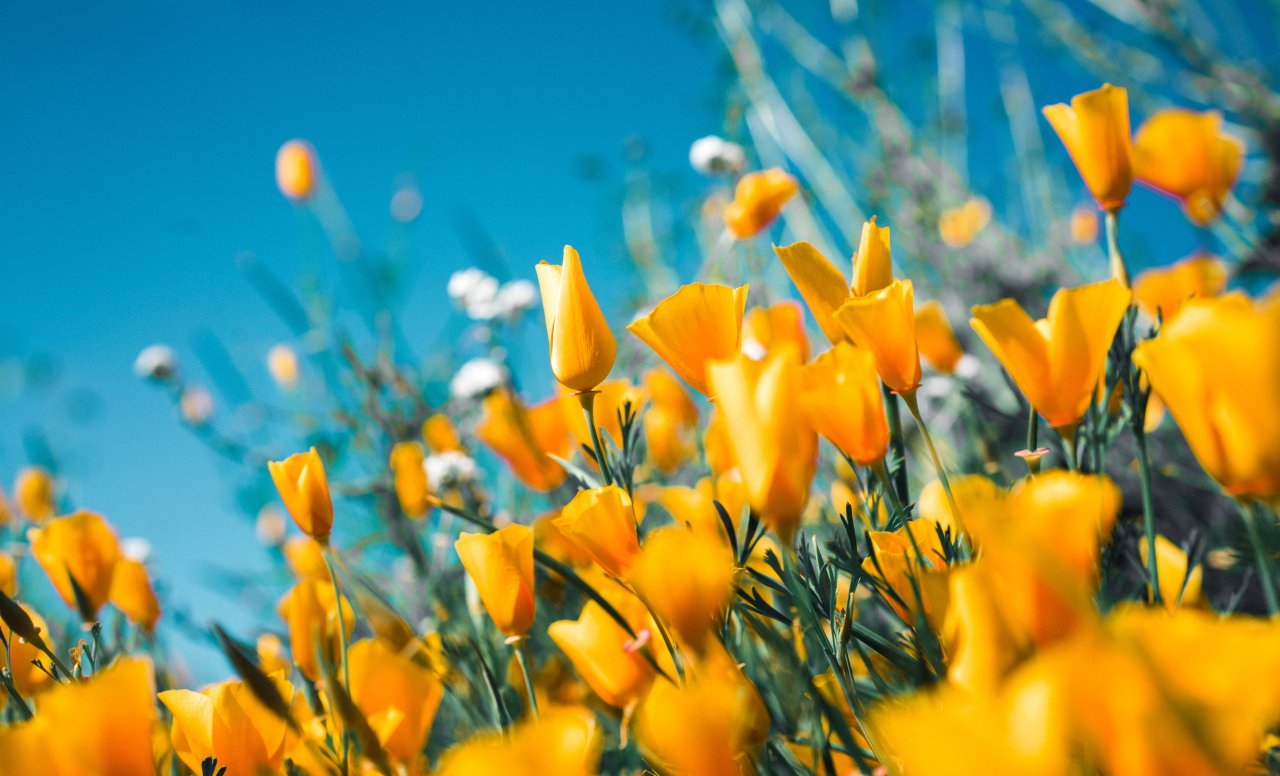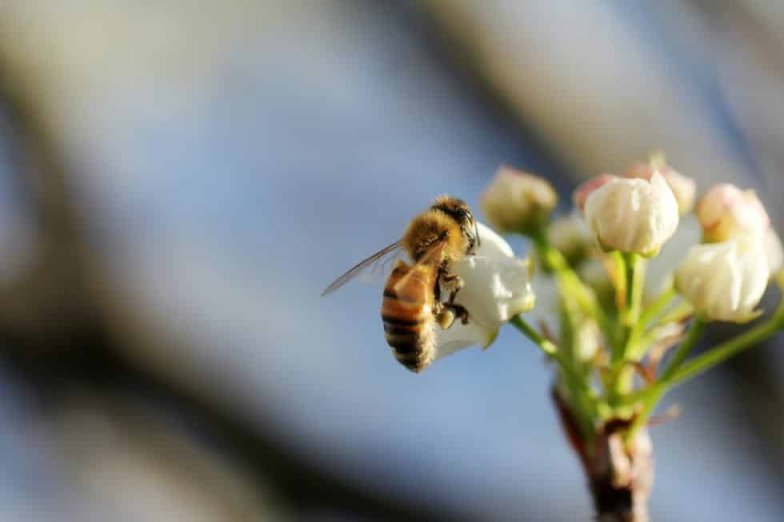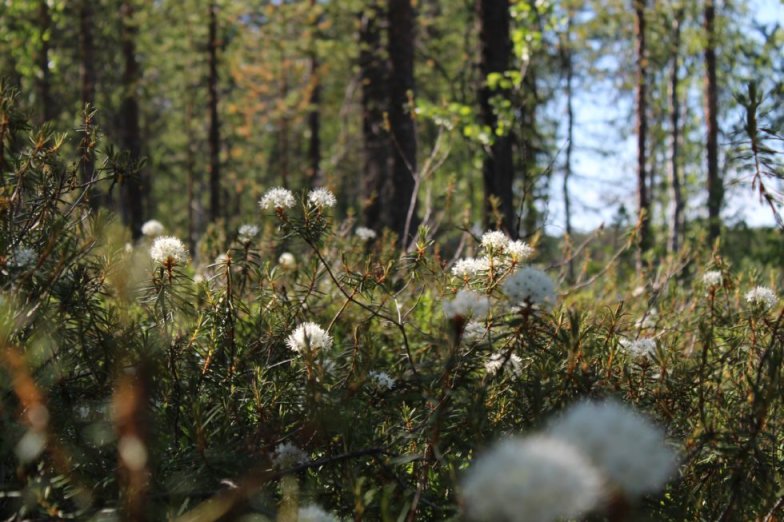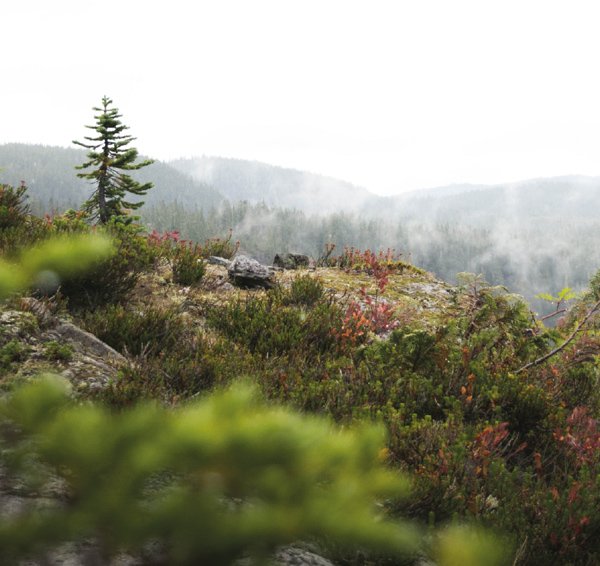
Restoring ecosystems & preserving biodiversity
What it is and why it is important.You may not be able to imagine 1,2,3 with the word ecosystem. Maybe it's all a far from your bed show or you actually have no idea what it really means. That's okay! We feel you. That is why we explain what you need to know and we list the most important things for you.
What is an ecosystem?
Let's start by explaining what an ecosystem is. An ecosystem is a system of living organisms that interact with each other and their environment. An ecosystem is not only an interaction between organisms such as plants, animals and micro-organisms within a certain living environment, but also the exchange of matter and energy between the organisms themselves and between life and the non-living environment: soil, water and air. . So, a tree contains a whole ecosystem of living organisms and non-living energy, but we as humans are also part of a very large ecosystem: the earth.
What is biodiversity?
When you hear about ecosystems, the word biodiversity is often mentioned. We also explain to you what this means exactly. The word diversity means variety or variation. Biodiversity indicates how many plants, animals, fungi and bacteria live in a certain area. The more different species that live in an area, the better. This diversity is important for the balance in nature.

Why deforestation destroys biodiversity and ecosystems
Why are ecosystems being destroyed and biodiversity rapidly declining? The answer can be very extensive because there are several contributing factors: urbanization, deforestation, overfishing and more. But deforestation is one of the biggest causes. 6.5 million hectares of natural forest are cut down every year, which corresponds to 17 football fields per minute. These forests consist of many different tree species, plant species and animal species. By cutting down these trees, many ecosystems and everything that lives in them are lost. Just like you, we think it is important that we take care of the earth together. We take something from the earth, but give little in return. It's time to give back to the earth to restore ecosystems.
To restore those ecosystems, at Bambook we plant 1 tree in Madagascar for every Bambook sold. Our goal is to have planted 1 million trees by 2025 and we need your help! Read here our mission.
What will be the consequence if we do not restore ecosystems
Ecosystems can come under pressure in many ways. In the Netherlands, for example, the number of insects has declined sharply in recent decades, according to some estimates by as much as two-thirds to three-quarters of the total. There are probably several reasons for this, including the use of pesticides in agriculture. And then you might think, but those insects are so small? How much effect can that have now? Well, insect researchers are already talking about an ecological disaster because the insects' decline has effects on the further ecosystem. Insects are the driving engine of our ecosystem. They serve as food on which other animals live, they clean up all kinds of things, they ensure that leaves are broken down and ensure the pollination of plants.

How do you restore an ecosystem?
Nature has the ability to recover, but this depends on the circumstances. We as humans must lend a hand and stop destroying ecosystems. Support organizations that plant trees that have a long-term impact on the soil, afforestation and work for the population. Take care of your own ecosystem in the neighborhood – whether that's your backyard and making it a little greener or separating your green waste. There are several options to contribute to the recovery of ecosystems.
UN Sustainable Development Goals
The SDGs (Sustainable Development Goals) are 17 goals to make the world a better place by 2030. The SDGs have been agreed by the countries that are members of the United Nations (UN), including the Netherlands. The goals came about based on global input from organizations and individuals. One of these SDGs aligns with the recovery of the ecosystems and this shows that it has an urgency in the field of climate change.
SDG 15: Living on land
Protect, restore and promote sustainable use of ecosystems, sustainably manage forests, combat and reverse desertification and land degradation and halt biodiversity loss (SDGS UN, 2021).
Forests cover 30% of the Earth's land surface. In addition to being important for food security and shelter, they are also essential for fighting climate change and protecting biodiversity. The aim of this SDG is therefore to promote the implementation of sustainable management of all types of forests, combat deforestation, restore degraded forests and sustainably increase afforestation and reforestation worldwide.
Our mission
At Bambook, we join the fight to restore ecosystems and preserve and increase biodiversity. We reduce paper use and especially paper waste so that we prevent forest clearing for paper. We are planting trees in Madagascar, precisely because reforestation projects are now so important for restoring ecosystems in countries that have already been logging a lot. Read our mission here.

Möchten Sie noch aktiver zur Verbesserung des Ökosystems beitragen? Lesen Sie mehr über die Organisation: Commonland.
Want to know more about sustainability?
Maybe you find this interesting.










